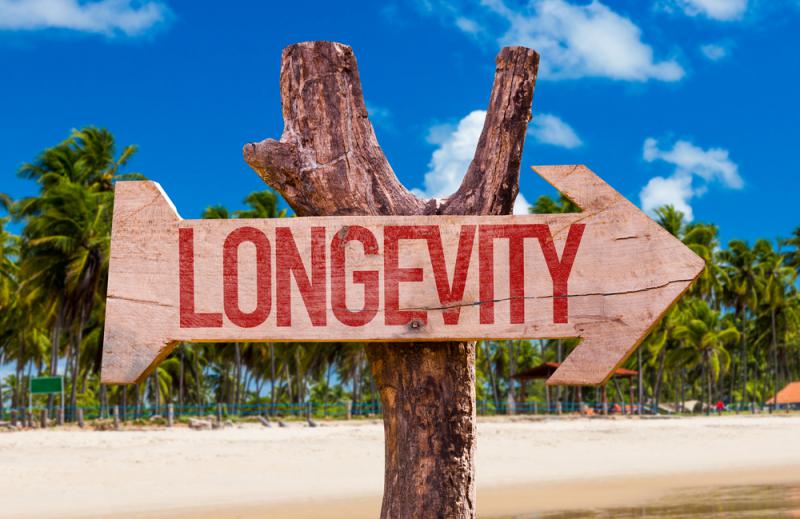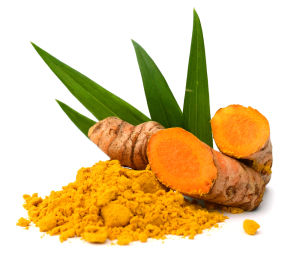The news that reaches us today is a sensitive call to humankind in many ways. Dying at an early age or the increasing rate of premature death is one of them. How to save the precious lives of humans? Can blaming others be the solution? Then, what can we do to expand the human life a little more for their own benefits and for the benefits of others by them? Don’t worry, there is a better way to respond to this sensitive call.
The time moves so fast as our lives do too. The common mindset of the upcoming generation is to achieve their goals and make money fast and to settle into their lives and rest during their retirement. Due to the stress and busy schedules focusing on their career goals and targets, many of us tend to forget to take care of ourselves. The life we live in this world is limited; therefore, it is precious. We get to live once in this world, and it’s not eternal. A common question that most of us have been asking is “Can we spend our life in this world a bit more?” The answer is yes, it can be expanded by adjusting our day-to-day life. The below topics will reveal the secret to a healthy long life.
We all know that our ancestors lived a longer life than we do. According to them, the food habit they had was healthier. Change in the food chain has caused the expectancy to be low. They controlled by avoiding overeating. The intake of a limited number of calories may help to reduce excess body weight and belly fat (which most people have), ensures that the lifespan is prolonged. Eating more nuts plays a good role against diseases as well as keeping the body improved. They’re rich in protein, fiber, antioxidants, and beneficial plant compounds. What’s more, they’re a great source of several vitamins and minerals, such as copper, magnesium, potassium, folate, niacin, and vitamins B6 and E. Several studies show that nuts have beneficial effects on heart disease, high blood pressure, inflammation, diabetes, metabolic syndrome, belly fat levels, and even some forms of cancer. One study found that people who consumed at least 3 servings of nuts per week had a 39% lower risk of premature death.
Turmeric is used as a spice and herb in most of the countries. When it comes to anti-aging strategies, turmeric is a great option. That’s because this spice contains a potent bioactive compound called curcumin. Due to its antioxidant and anti-inflammatory properties, curcumin is thought to help maintain brain, heart, and lung function, as well as protect against cancers and age-related diseases. On the other hand, turmeric plays a major role against Coronavirus by boosting the immune system. By consuming a wide variety of plant foods, such as fruits, vegetables, seeds, whole grains, and beans, may decrease disease risk and promote longevity. For example, many studies link a plant-rich diet to a lower risk of premature death, as well as a reduced risk of cancer, metabolic syndrome, heart disease, depression, and brain deterioration. These effects are attributed to plant food’s nutrients and antioxidants, which include polyphenols, carotenoids, folate, and vitamin C. Accordingly, several studies link vegetarian and vegan diets, which are naturally higher in plant foods, to a 12–15% lower risk of premature death. The same studies also report a 29–52% lower risk of dying from cancer or heart, kidney, or hormone-related diseases. Some research suggests that the risk of premature death and certain diseases increases with greater meat consumption. Vegans generally tend to be more health-conscious than meat eaters.
Longevity does not solely depend on controlling food. In fact, it has some other benefits that add up to our lives. Especially, staying physically active can keep us healthy and add years to life. A 15 minutes of exercise per day may help you achieve benefits, which could include an additional 3 years of life. Furthermore, your risk of premature death may decrease by 4% for each additional 15 minutes of daily physical activity. A recent review observed a 22% lower risk of early death in individuals who exercised, even though they worked out less than the recommended 150 minutes per week. People who hit the 150-minute recommendation were 28% less likely to die early.
At some point in our life, we all have seen or heard “Smoking causes cancer and smoking kills” even before the starting of a movie. Smoking is strongly linked to disease and early death. The average cigarette contains about 10 to 12 mg of Nicotine. A regular smoker inhales about 1.1 to 1.8mg of Nicotine by the end of each cigarette. Nicotine is known to cause decreased appetite, increased heart rate and blood pressure, nausea and diarrhea. Overall, people who smoke may lose up to 10 years of life and be 3 times more likely to die prematurely than those who never pick up a cigarette. Keep in mind that smoking can significantly reduce your life span, and it’s never too late to quit. One study report that individuals who quit smoking by age 35 may prolong their lives by up to 8.5 years.
Heavy alcohol consumption is linked to liver, heart, and pancreatic disease, as well as an overall increased risk of early death. However, moderate consumption is associated with a reduced likelihood of several diseases, as well as 17–18% decrease in your risk of premature death. Wine is considered particularly beneficial due to its high content of polyphenol antioxidants. It’s important to note that no strong research indicates that the benefits of moderate drinking are greater than those of abstaining from alcohol. In other words, there is no need to start drinking if you don’t usually consume alcohol.
In conclusion, there are a few other factors that need to be considered in this regard, such as prioritizing happiness, avoiding chronic stress and anxiety and developing a good sleeping pattern. Even though some say that money can buy the factors of happiness, they cannot buy or extend their life with the same money. Think wise, are we going to focus on our career goals only and face premature death or add the above described to our routine and live a healthy life?
Save your life for your good and the good of others.
Choice is yours!
Written By: Rtr. Mark Nesan
Edited By: Rtr. Lakshan Banneheke






